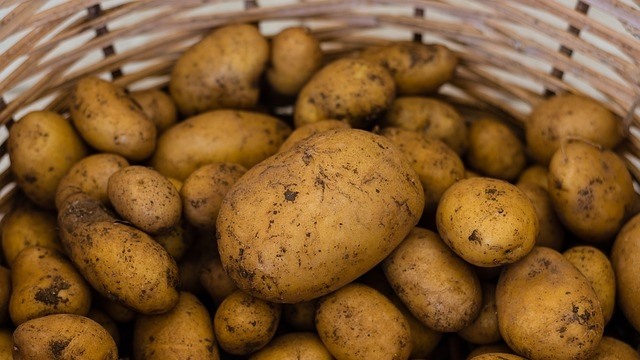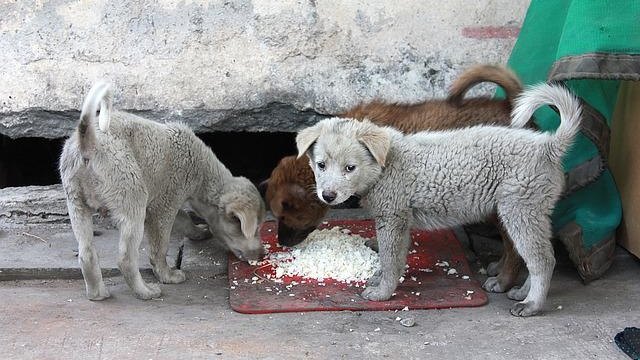Carbs are usually a big part of our diets, so you may have wondered if the same should apply to our pets. Do dogs need carbohydrates? What about cats? How many carbs are nutritionally required by our furry friends in order to achieve a balanced diet?
Let’s start at the beginning!
What are carbohydrates?
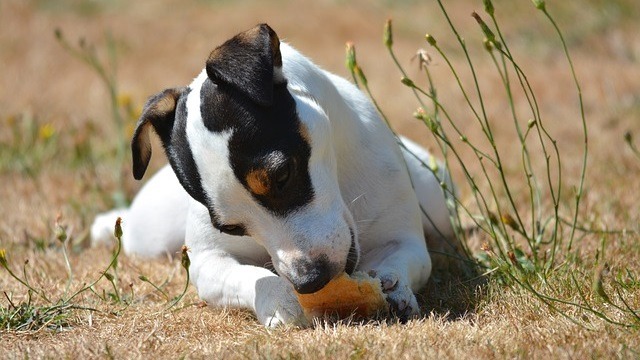
Carbohydrates are molecules consisting of simple sugars, like glucose. These are called monosaccharides and can be combined in several different ways to make more complex sugars. Carbs are classified as macronutrients because, along with proteins and fats, they supply energy (calories). The body uses this energy to sustain its metabolic and physical activity needs.
Do pets need carbohydrates?

Back to the main question: do dogs need carbohydrates? And what about cats? Well, the fact is that neither dogs nor cats depend on carbohydrates. Animal nutrition regulatory associations agree that neither have nutritional requirements for carbohydrates… So there’s no minimum amount for this macronutrient on a pet’s diet.
That doesn’t mean that carbs are bad for our besties, though. In fact, they can be very important if we want to provide a highly digestible, readily available source of energy. But it doesn’t end here! Some carbs are rich in phytonutrients, which are highly beneficial to your pet’s health.
What are phytonutrients?
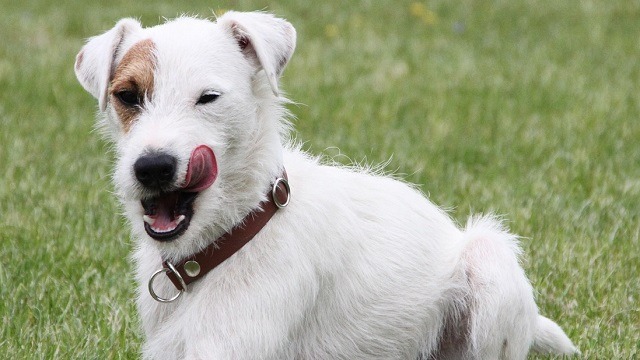
Plant foods contain thousands of natural chemicals, which are called phytonutrients or phytochemicals. These help protect plants from germs, fungi, bugs, and other threats.
Unlike the vitamins and minerals that plant foods contain, phytonutrients are not essential to keep our pets or ourselves alive. However, when eaten or drunk, they may be quite helpful in preventing diseases and in keeping the body working properly.
Aren’t proteins also a source of energy?

Yes, they are… But there’s a reason why relying only on them as a source of energy might not be the wisest move. During digestion, carbohydrates are broken down into glucose, enabling its usage by the body cells as their primary energy source. Braincells are one of the most energy-demanding cells of the body, and rely almost entirely on glucose to work. In healthy pets, blood sugar is very tightly controlled to ensure that a supply of glucose is always available to be consumed by the body cells.
If dietary carbohydrates are not provided as a source of glucose, the body will make glucose from other substrates, such as protein. Consuming carbs in the diet allows for protein to be spared… And to be used to produce and maintain body tissues like muscle, rather than being used for energy production.
Should my dog be on a diet high in carbs?

No. Unlike us, dogs cannot produce the enzyme amylase in their saliva, which helps break down starch. However, they do produce some amylase in the pancreas, making them able to digest small amounts of carbohydrates.
Our recommendation is that a healthy dog should be fed a diet with no more than 40% of carbs. Diets with over 50% will cause an increase in the amount and odor of feces. Plus, because they’re high in sugar, they can trigger some health problems, like diabetes.
What about my cat?
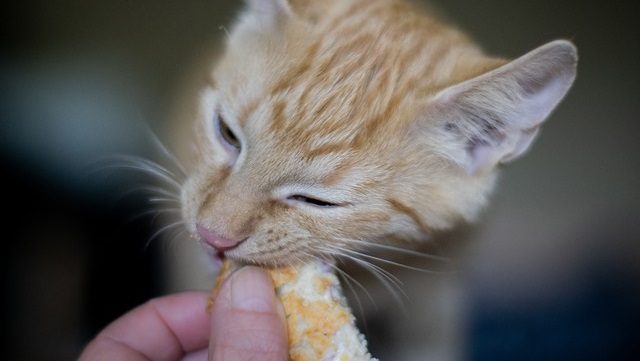
Diets high in carbs are also a big no when it comes to cats. The recommendation is to feed healthy cats even a smaller amount when compared to dogs. No more than 20%!
Are all carbs the same? Do I only have to be careful with quantity and not quality?
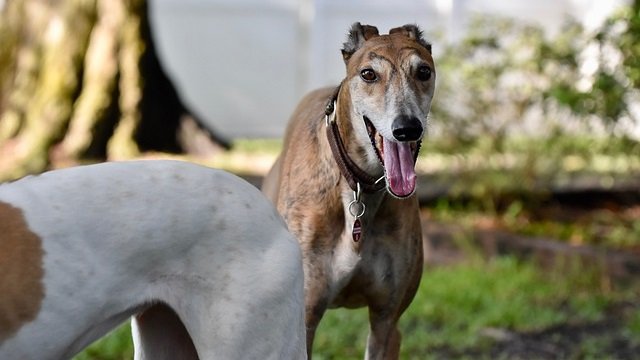
That is a big question, and the answer is no. While you want to fill your pet’s bowl with vitamins, minerals and phytonutrient-rich whole plant-based foods, you also want to avoid unhealthy “junk carbohydrates.” These are the low-nutrient or no-nutrient carbs which give this food group a bad name.
The key is to identify which carbs are healthy and which are not… And that’s pretty easy to do. For healthy carbs, think about unprocessed foods like whole fruits and vegetables, whole grains and legumes. Processed carbohydrates, such as white sugar and white flour, fall into the unhealthy category. Those have had their nutrients stripped away and contain empty calories. Once eaten, they quickly raise blood sugar to undesired levels.
Conclusion

So, do dogs need carbohydrates to survive? The short answer is no, they don’t – and neither do cats. However, that’s not the full story. While some foods rich in carbohydrates are unhealthy and should be avoided, others are nutritional powerhouses that benefit both our and our pets’ health.
Still have doubts? The Maven clinical team has plenty of knowledge when it comes to nutrition, and can easily help you assess your best friend’s diet!
Maven is all about proactive pet care. Be your best friend’s best friend by giving them 24/7, high-quality, industry-leading vet care to improve their mental health, physical health and more. No more frantic googling or unneeded stressful visits to the vet – Maven helps you save hundreds while also ensuring your pet lives the best life possible. Get your kit now!

